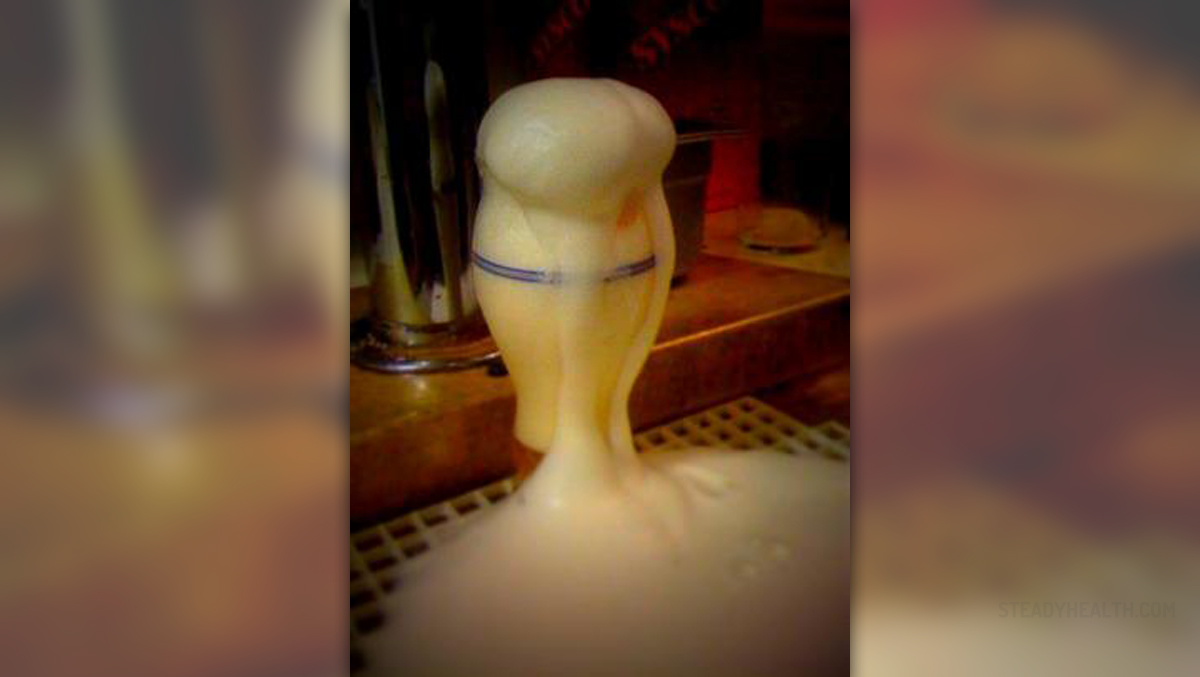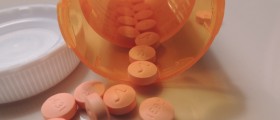
Kicking it off With a CuriousStatistic
AQuoted Statistic: "Substance abuse causes an amazing100,000 deaths per year [and that's just in the US and Canada]."
The Effects,Confrontation and Treatment
No further reasons are needed to see how big (and expensive!) of aproblem substance abuse may develop into. And by this we do notonly mean financially expensive, as substance abuse is surely toaffect a person's relationships with family, friends and coworkers aswell.
The effects of the problem are even worse when it comes to teenagersand college students. It is because at this stage a person is morelikely to be tempted to try out a richer range of "illegalsubstances" than he or she otherwise would. The evidence of thisis that traffic accidents are the number one cause of teenage deaths.
Much of the teenagers' vulnerability to substance abuse is due to thefact of teenage depression. However, given the modern society'scurrent outlook, this vulnerability is no longer typical of theyoungsters, but also anyone, really.
If truth be told, substance abuse becomes "a problem" thevery instant it starts to interfere with a person's daily tasks. Andit is only after the person starts feeling dependent of his or herpoison of choice (both, or either, physically and psychologically),that we refer to it as "alcoholism."
There is no real way of pinning down the habits of a personpracticing substance abuse. Some people indulge on a daily basiswhile others tend to overdo it during weekends. There is aresemblance one may notice: none of the types like working on eitherMondays nor Fridays. And this is because those are the days when theside effects of alcoholism are most likely to kick in.
However, while attempting to give up, a number of people manage toremain abstinent for a prolonged period of time, but 9 out of 10 willmost likely still feel the urge to fall back and resume indulgingafter a while. The side effects of withdrawal include: trembling,delusions, hallucinations and excessive sweating. This is why mostpeople are confused about the fact that they do not need medicalsupport while giving up the habit.
Confronting an alcoholic may be a bit of a challenge. That's why itis important to plan the situation ahead, as well as make sure itdoesn't involve the person coming back home from the pub intoxicated –for it surely will show no results. It cannot be stressed enough thatthe person MUST be in a sober state at the time of confrontation.
Anothergood idea would be to announce the confrontation to the alcoholic'sdoctor, that he may have time to prepare at least some bits of thecourse of treatment in advance.

















Your thoughts on this
Loading...